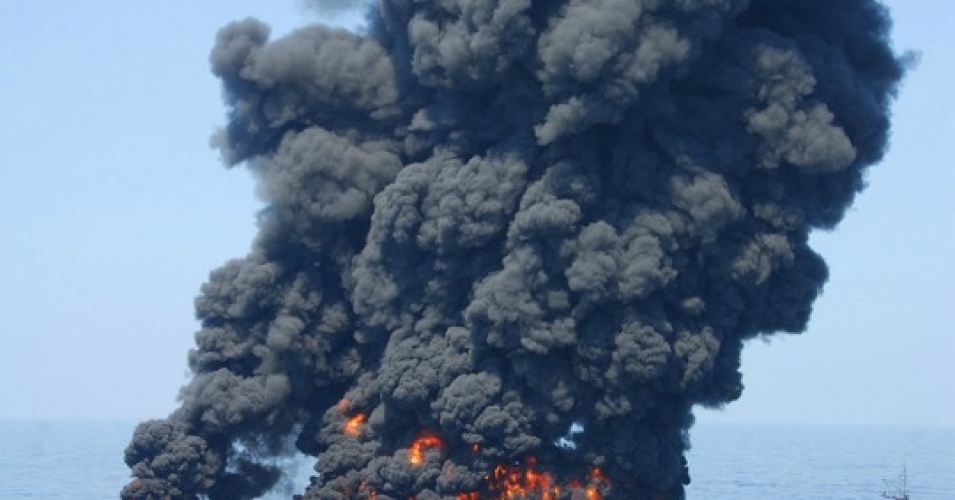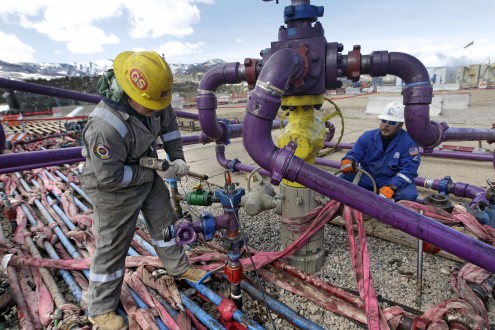Despite BP’s public relations blitz and high-priced team of lawyers, the U.S. Supreme Court on Monday rejected the oil giant’s challenge to a settlement of billions of dollars for the 2010 Deepwater Horizon explosion oil spill.
The challenge was just the latest attempt by the company to avoid paying those impacted by the disaster.
Agreed to in 2012, the settlement stipulates that some businesses claiming economic damages must show a pattern of loss relating to the spill, but are not required to prove causation in order to receive claims. However, after the agreement was implemented, BP backed away from this agreement and launched a vigorous effort to deny the subsequent claims.
The company launched an aggressive public relations campaign in an effort to build public support for its case, including placing full-page ads in the The Washington Post and The New York Times. Many media outlets offered favorable coverage to BP free of charge, including Bloomberg Business Week and 60 Minutes.
Nonetheless, the Supreme Court issued a one-sentence, unanimous ruling in which it declined to revisit rulings by lower courts. The decision means the company has no choice but to pay eligible claims.
“Today’s ruling is a huge victory for the Gulf, and should finally put to rest BP’s two-year attack on its own settlement,” the lead attorneys for the class of affected businesses, Stephen J. Herman and James P. Roy, said in a statement, which slammed the company for attempting to “rewrite history.”
The 2010 disaster killed 11 workers and led to the country’s worst off-shore oil spill, which continues to pose and environmental and public health threat to Gulf Coast communities.



